Community Health
Malaria
The Malaria Program in the Mon National Health Committee (MNHC) focuses on reducing the incidence and mortality of malaria within Mon communities through prevention, early diagnosis, treatment, elimination, and education. The components of MNHC’s Malaria Program are:
- Malaria Prevention
- Early Diagnosis and Screening
- Effective Malaria Treatment
- Capacity Building and Training
- Community Education and Awareness
- Monitoring, Evaluation, and Surveillance
- Collaboration and Partnership

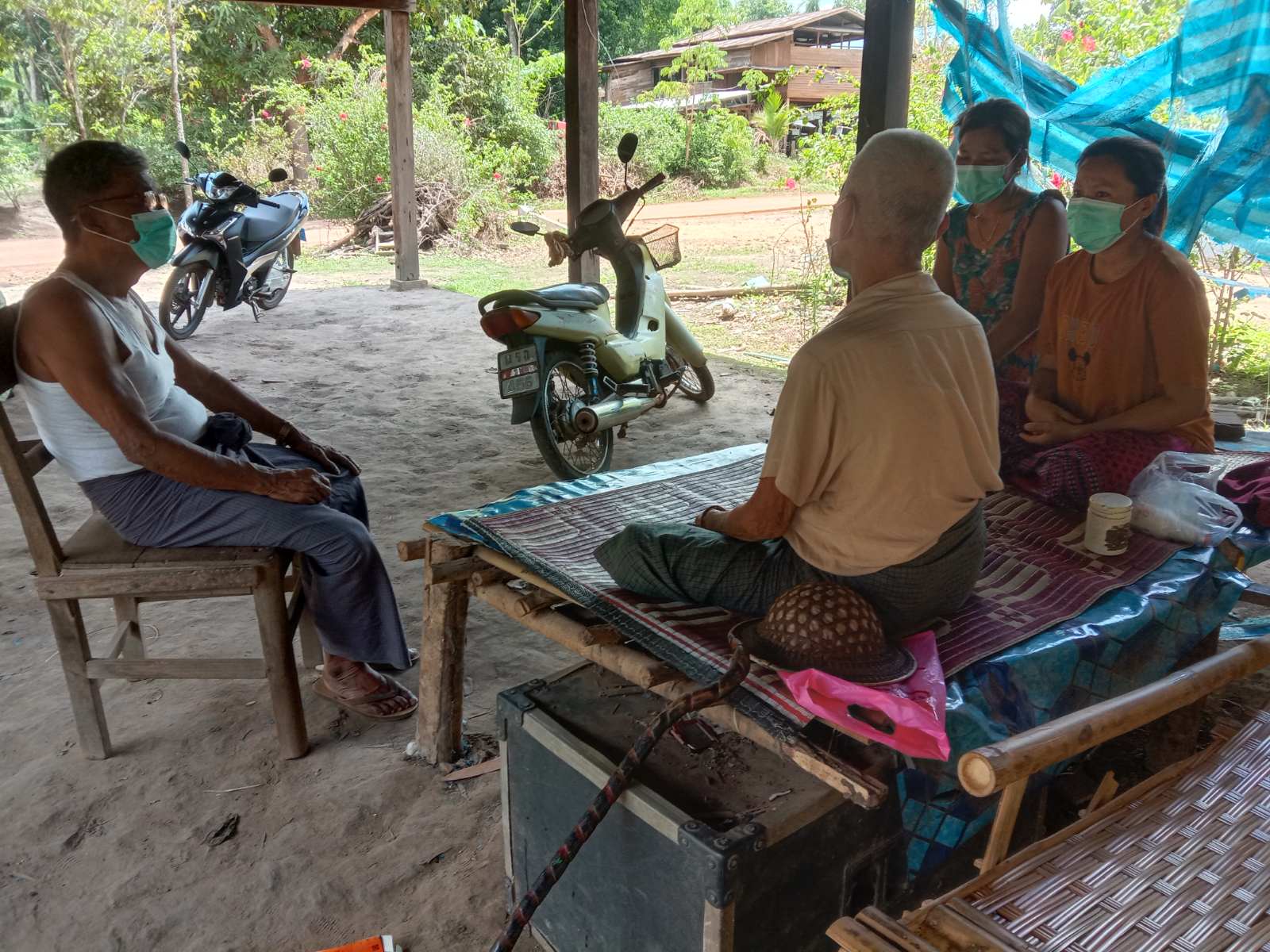
TB/HIV
The Tuberculosis (TB) and Human Immunodeficiency Virus (HIV) Program under the Mon National Health Committee (MNHC) is dedicated to reducing the incidence, morbidity, and mortality associated with TB and HIV in Mon communities. This integrated program aims to address the co-epidemic of TB and HIV, as both diseases are often interconnected, particularly among high-risk populations.
- Integrated TB/HIV Prevention and Control
- TB Screening and Diagnosis
- Infection Control Measure
MCH
The Maternal and Child Health (MCH) Program of the Mon National Health Committee (MNHC) focuses on improving the health and well-being of mothers, infants, and children in Mon communities. The program aims to reduce maternal and child mortality, improve access to quality healthcare, and promote healthy practices among families. Below is an overview of the main components of the MCH Program at MNHC:
- Antenatal Care Service
- Skilled Birth Attendance and Safe Delivery
- Postnatal Care
- Family Planning and Reproductive Health
- Health Education
- Capacity Building and Training
- Collaboration and Partnership
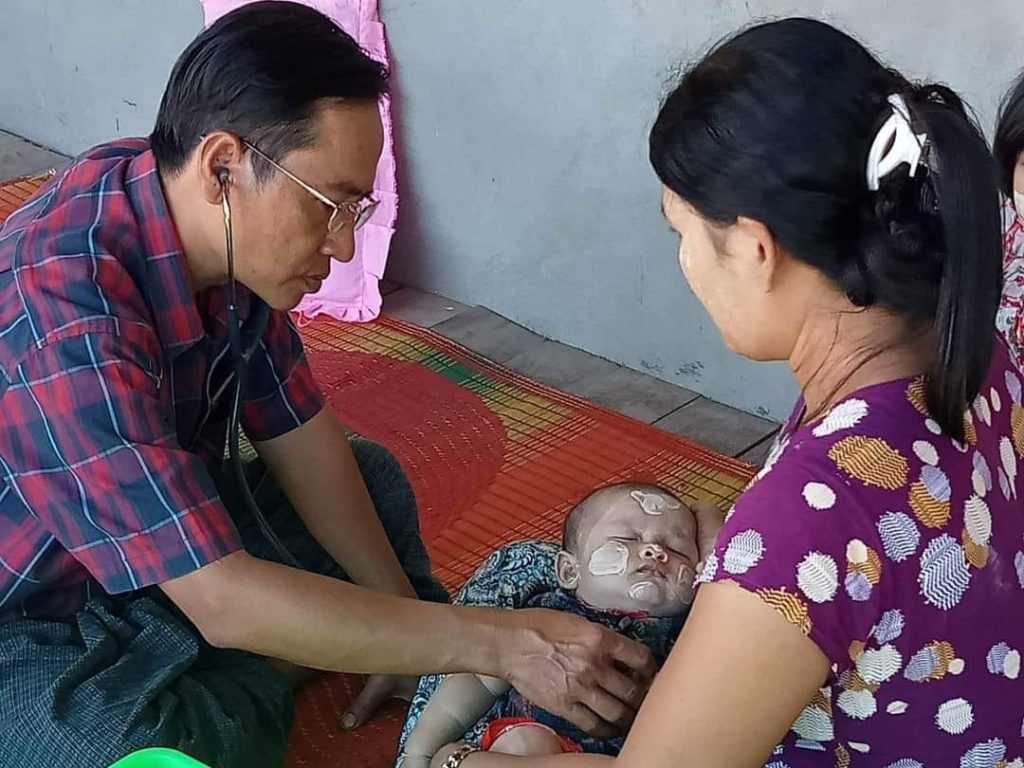
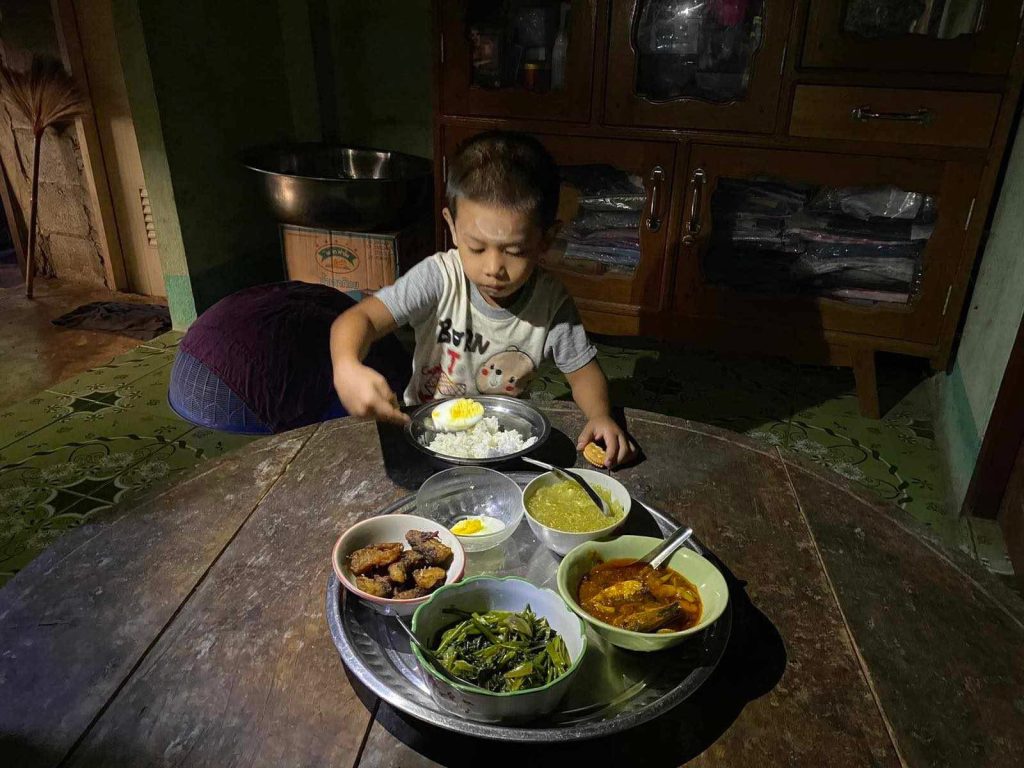
Nutrition
The Nutrition Program under the Mon National Health Committee (MNHC) aims to improve the nutritional status of mothers, infants, and children in Mon communities. It focuses on preventing malnutrition, addressing micronutrient deficiencies, and promoting healthy eating habits to support overall health and development. The main components of MNHC’s nutrition program:
- Nutrition Education and Awareness
- MUAC Screening
- Cooking Competition
- IYCF Counselling
- Nutrition Education in School
- Capacity Building and Training
Eye, Dental
The Eye and Dental Program of the Mon National Health Committee (MNHC) is designed to provide accessible and quality eye and dental care services to the Mon population, especially in rural and underserved areas. The program aims to prevent and treat common eye and dental problems, enhance awareness, and improve overall oral and eye health.
Eye Care Program
- Treatment of Common Eye Conditions
- Specialized Eye Care Referrals
Dental Care Program
- Treatment of Common Dental Problems
- Preventive Dental Health Care
- Public Awareness Campaigns for Eye and Dental Health
WASH
The Water, Sanitation, and Hygiene (WASH) Program of the Mon National Health Committee (MNHC) is focused on improving access to clean water, promoting safe sanitation, and encouraging good hygiene practices in Mon communities. The goal is to reduce waterborne diseases, improve health outcomes, and enhance overall community well-being. The main components of the MNHC’s WASH Program:
- Access to Safe Water
- Sanitation Improvement
- Hygiene Promotion
- Behavior Change and Community Engagement
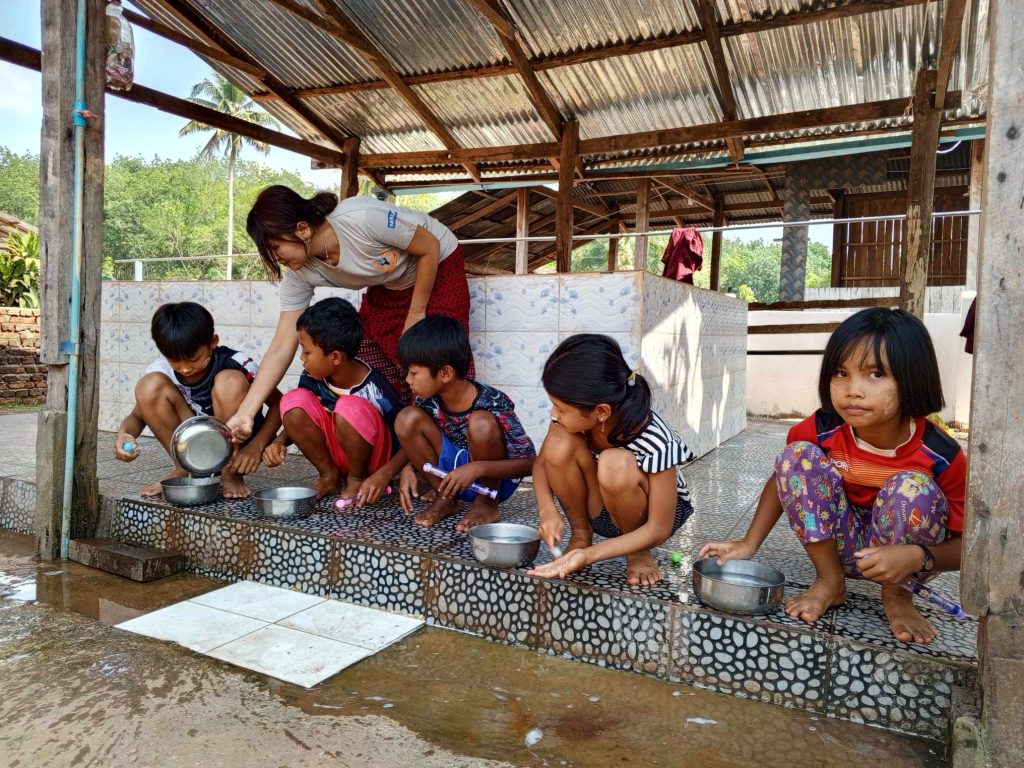
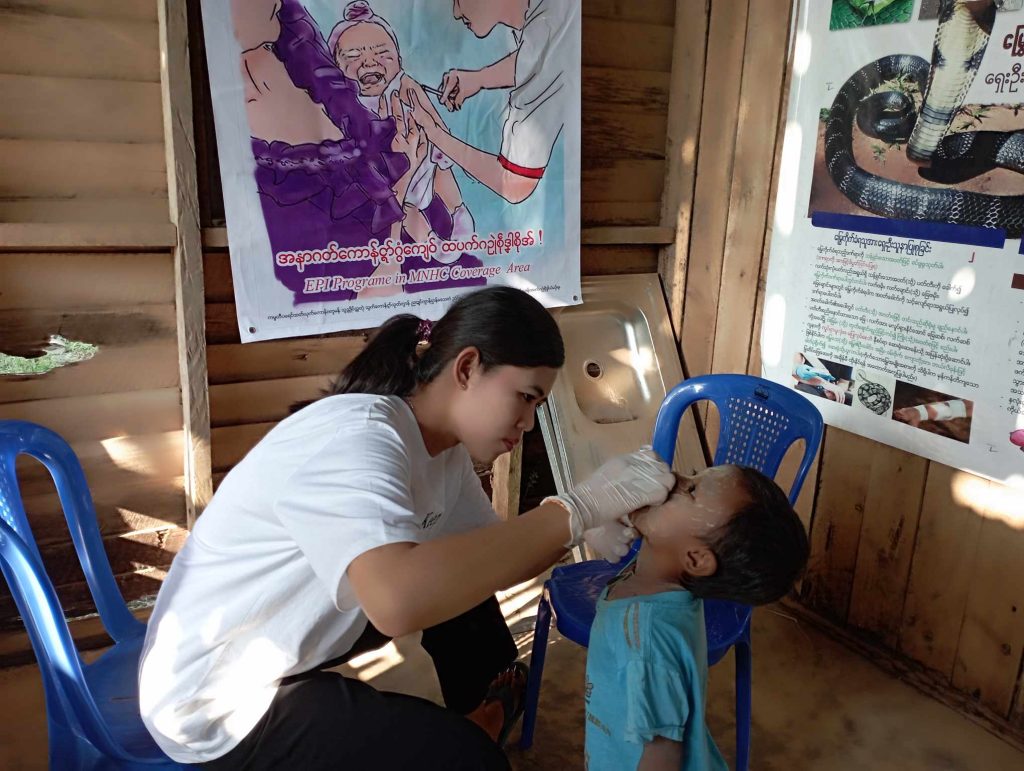
EPI
EPI Program
- The EPI (Expanded Program on Immunization) under the Mon National Health Committee (MNHC) focuses on providing essential immunization services to communities in areas under the control of NMSP.
- This program was re-established in later 2023 in 30 villages such as 10 villages in Three-pagodas-pass regions, 11 villages in Ye Chaung Phya region and 9 villages in Yebyu region.
The name of vaccine provides:
- BCG
- HepB
- OPV
- IPV
- RV
- JE
- MMR
- Pentavalent
SRHR
The MNHC’s SRHR program aims to address critical gaps in reproductive health services and rights among the Mon population, promoting gender equity and empowering individuals to make informed decisions about their reproductive health. The program integrates culturally sensitive approaches and community engagement to ensure the delivery of comprehensive and inclusive healthcare.
Program objectives
- Increase access to SRHR services
- Community Education and Awareness
- Address Gender-Based Violence
- Capacity building for Healthcare Providers
- Policy advocacy and Partnership
Activity:
Health Education Programs: Engage communities through workshops, school outreach, and peer education networks.
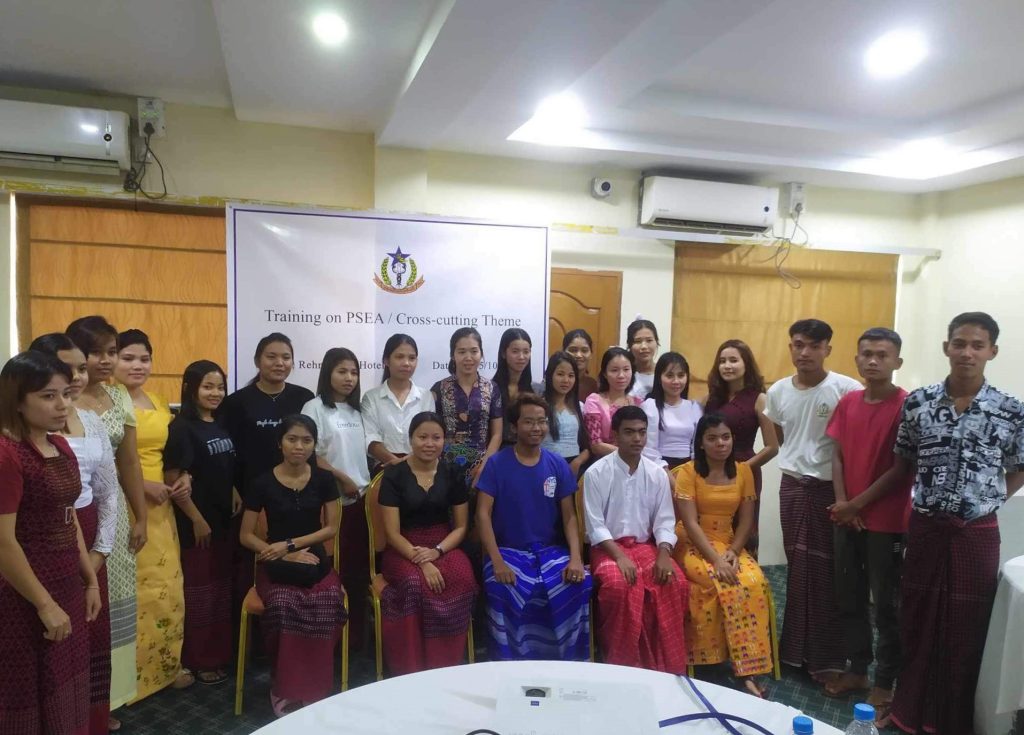
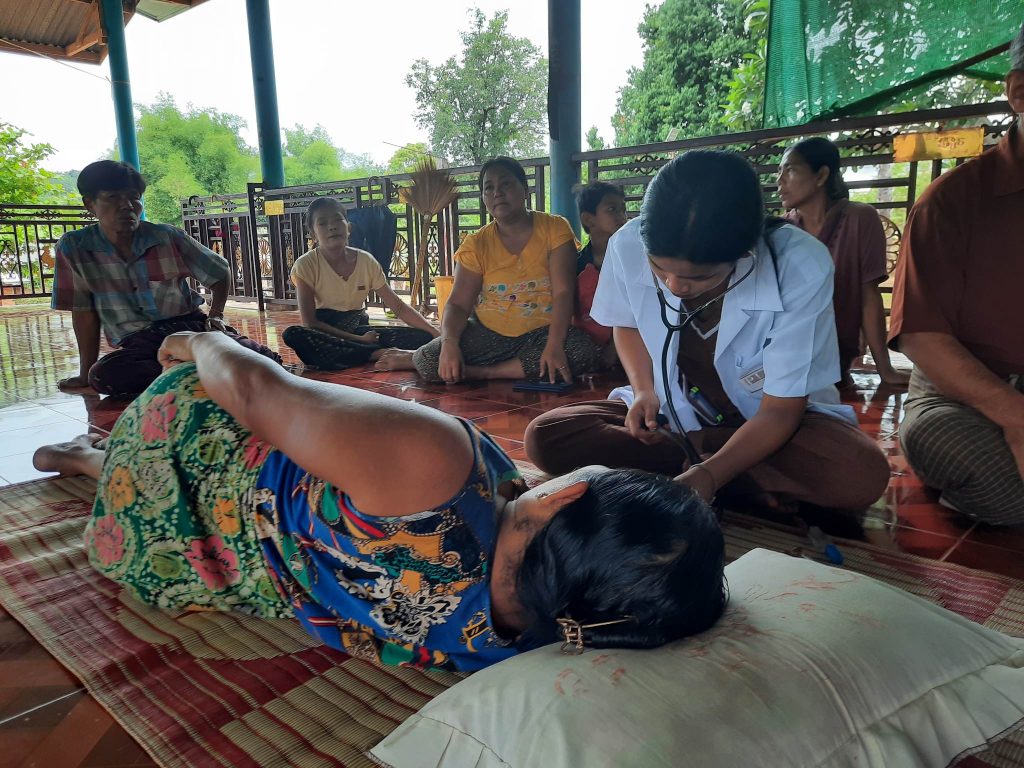
Mobile clinics
Mobile clinics operated by the Mon National Health Committee (MNHC) play a crucial role in delivering healthcare to remote and underserved Mon communities. These clinics are particularly essential in areas where access to permanent healthcare facilities is limited due to geographical, financial, or socio-political barriers. Below is an outline of activities commonly undertaken by mobile clinics within the MNHC framework:
Activities of mobile clinics:
- General Health Services
- Maternal and Child Health
- Disease prevention and health promotion
- Community Health Education
- Emergency Response
Health Education
Health education is a vital component of the Mon National Health Committee’s (MNHC) efforts to improve community well-being and health outcomes. Activities in this area typically focus on increasing awareness and knowledge about preventive healthcare, promoting healthy behaviors, and addressing prevalent health concerns within Mon communities.
Community-based Health Education
Conducting health education on topics such as malaria, TB, hypertension, diabetes mellitus, maternal and child health, nutrition, and hygiene practices.
Offering interactive sessions to address specific health challenges, such as malaria prevention or substance abuse awareness.
School-based Programs
Collaborating with schools to integrate school health education.
Running campaigns on oral hygiene, vaccination awareness, and adolescent health.
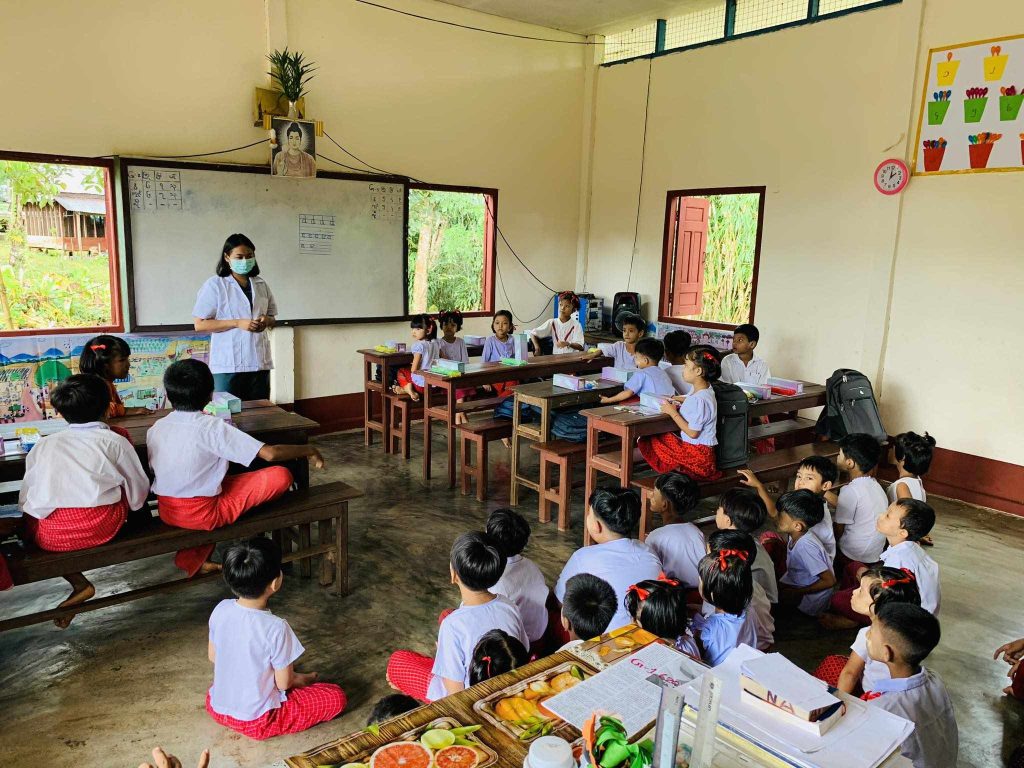
Community Outreach Programs
Engaging with hard-to-reach populations through home visits and local community centers.
Distributing leaflets and handbooks in the Mon language to improve accessibility.
Monitoring and Feedback Mechanisms
Gathering feedback from communities about their health education needs.
Assessing the impact of health education initiatives to refine future activities.
Training for Local Health Workers
Providing capacity-building sessions to village health workers and volunteers on delivering effective health education.
Public Health Campaigns
Utilizing visual aids, posters, and social media to disseminate key health messages.
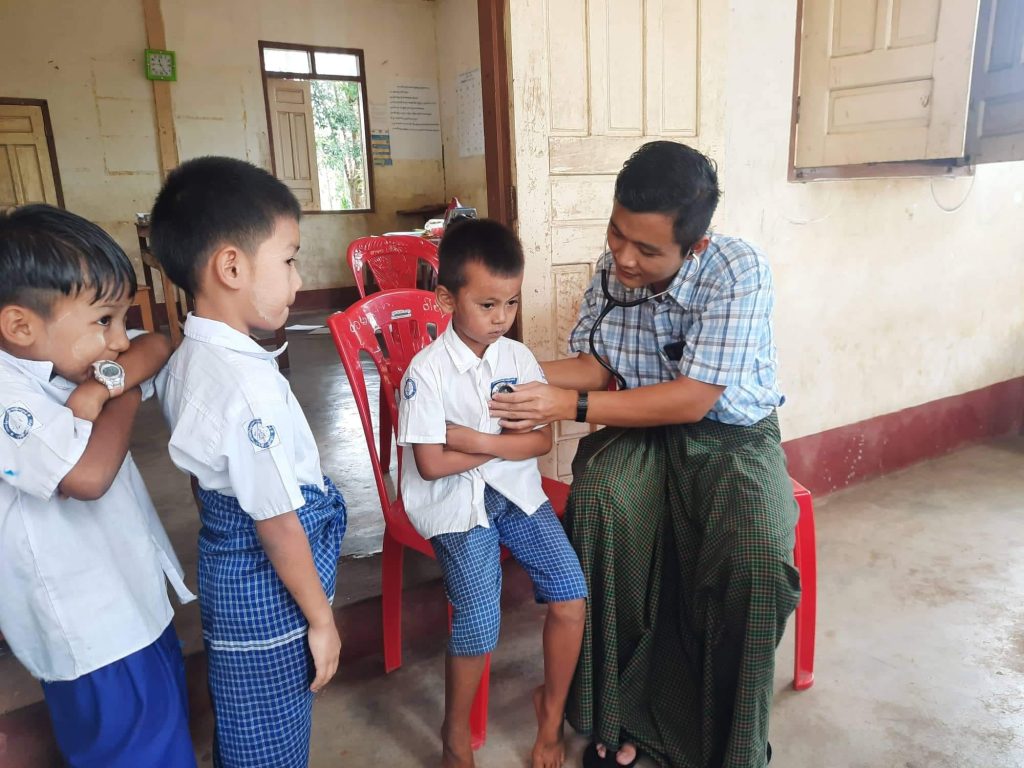
School Health
The Mon National Health Committee (MNHC) has been actively involved in implementing school health programs as part of its efforts to enhance the health and well-being of school-aged children in the school under the control of NMSP and surrounding areas. These programs are crucial as they address both preventive and promotive health aspects, aiming to reduce health disparities and support children’s educational outcomes.
School Health Activities:
Health Education
- Conducting awareness sessions on hygiene, nutrition, and disease prevention.
School Health Mobile
- Medical checkup for students
- Deworming
Water, Sanitation, and Hygiene (WASH)
- Installing handwashing stations in schools.
- Providing clean drinking water and sanitation facilities.
- Educating children about the importance of WASH practices.
Nutritional Support
- Addressing malnutrition by providing deworming tablets and nutritional supplements.
- Education on balanced diets and healthy eating habits
Emergency Response
The Mon National Health Committee (MNHC) plays a critical role in coordinating emergency response efforts in Mon State and other ethnic areas, often addressing the health needs of communities affected by conflict, displacement, natural disasters, and other crises.
Emergency Preparedness and Planning
- Development of contingency plans for natural disasters (floods, cyclones, landslides) and conflict-related emergencies.
- Establishing emergency stockpiles of essential medicines, medical supplies, and equipment at strategic locations.
- Capacity building for health workers and volunteers in emergency health care, first aid, and logistics.
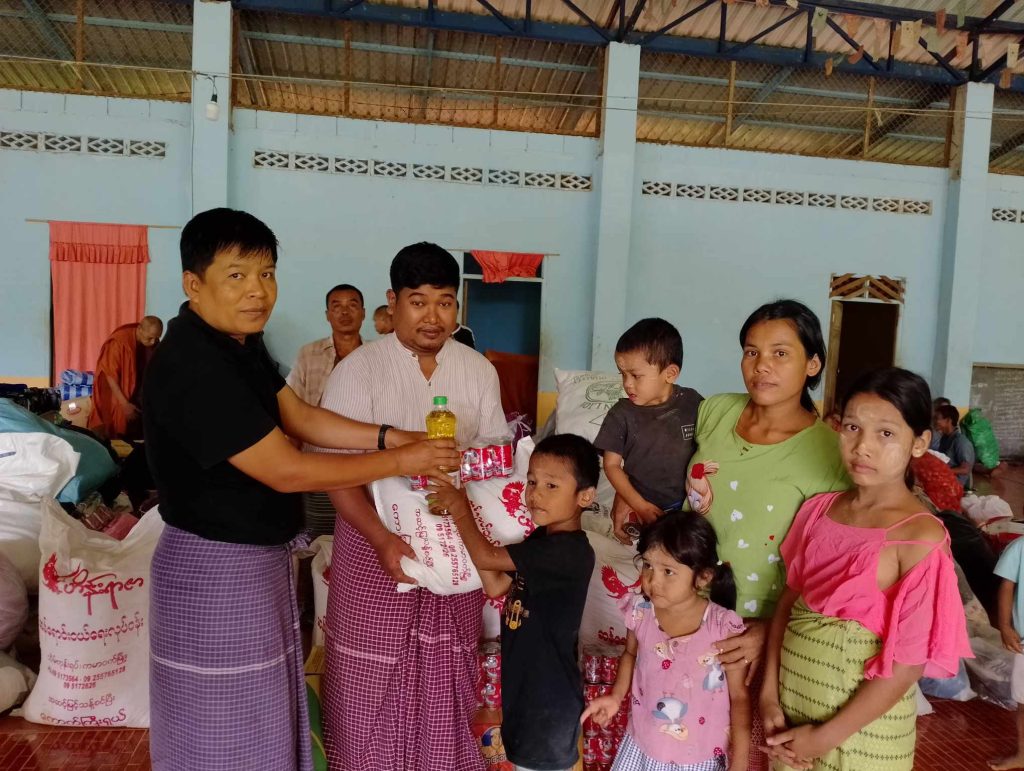

Cross-cutting
In the Mon National Health Committee (MNHC), cross-cutting themes refer to overarching areas of focus that intersect and enhance all health programs and initiatives. These themes address broader social determinants, ensure inclusivity, and strengthen the overall impact and sustainability of health services in Mon State and surrounding areas.
Gender Equality and Women’s Empowerment
- Promoting equitable access to health services for women, including maternal and reproductive health care.
- Addressing gender-based violence through prevention programs, survivor support, and community education.
- Empowering women by involving them in leadership roles within health committees and community-based initiatives.
Capacity Building and Leadership Development
- Providing training for health workers on technical, managerial, and cross-cutting issues (e.g., gender, WASH, and disaster response).
- Developing leadership skills within the MNHC workforce to ensure sustainable health system governance.
Human Rights and Equity
- Advocating for the right to health, particularly for marginalized and displaced populations in conflict-affected areas.
- Ensuring health services are accessible, affordable, and culturally appropriate for all ethnic groups.
- Bridging gaps in health disparities by focusing on underserved communities, especially those in remote areas.
